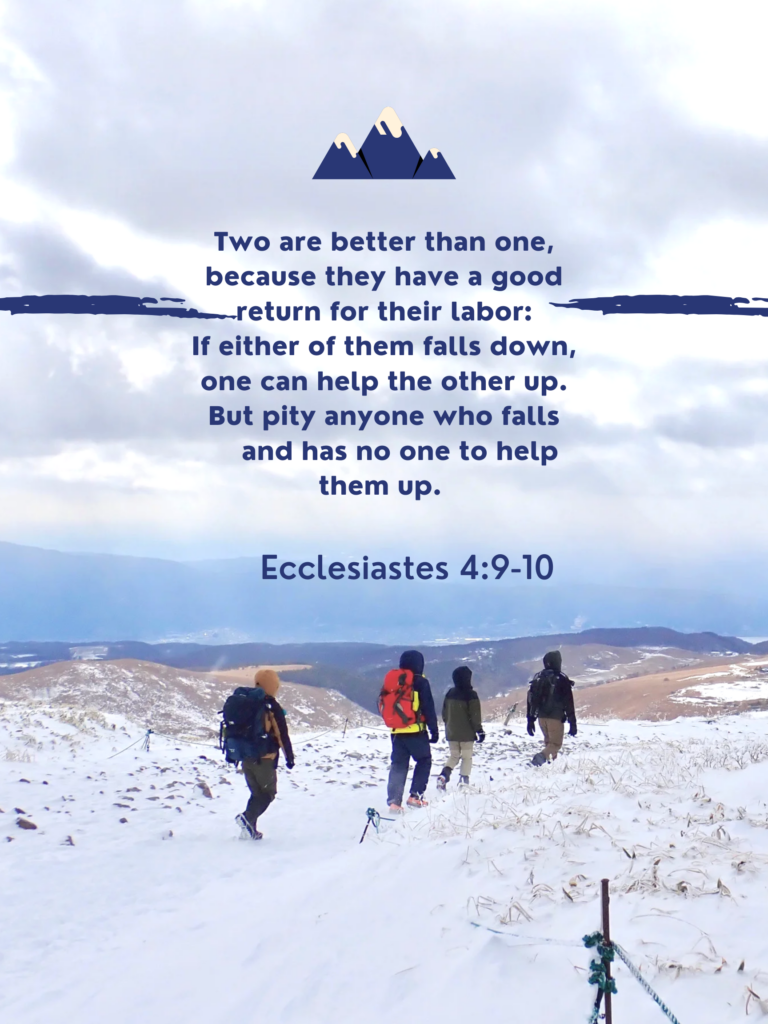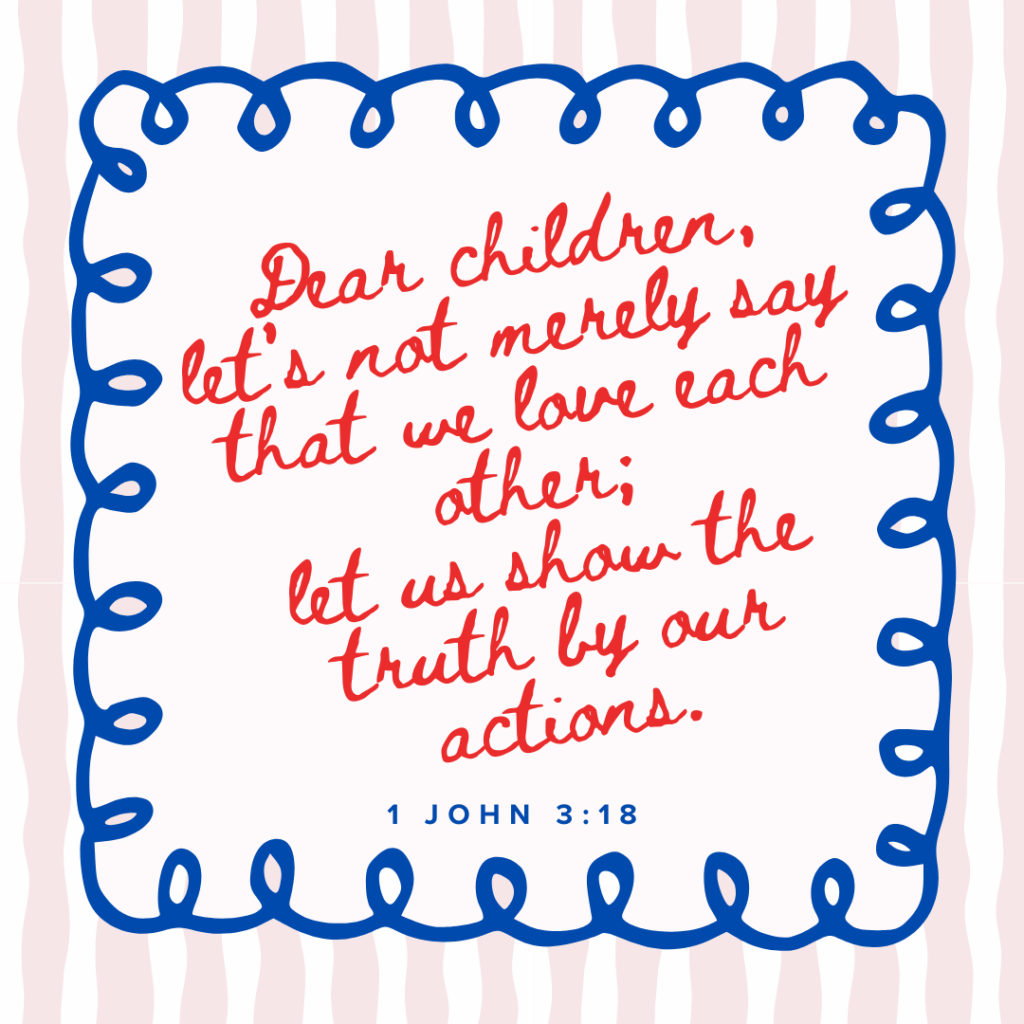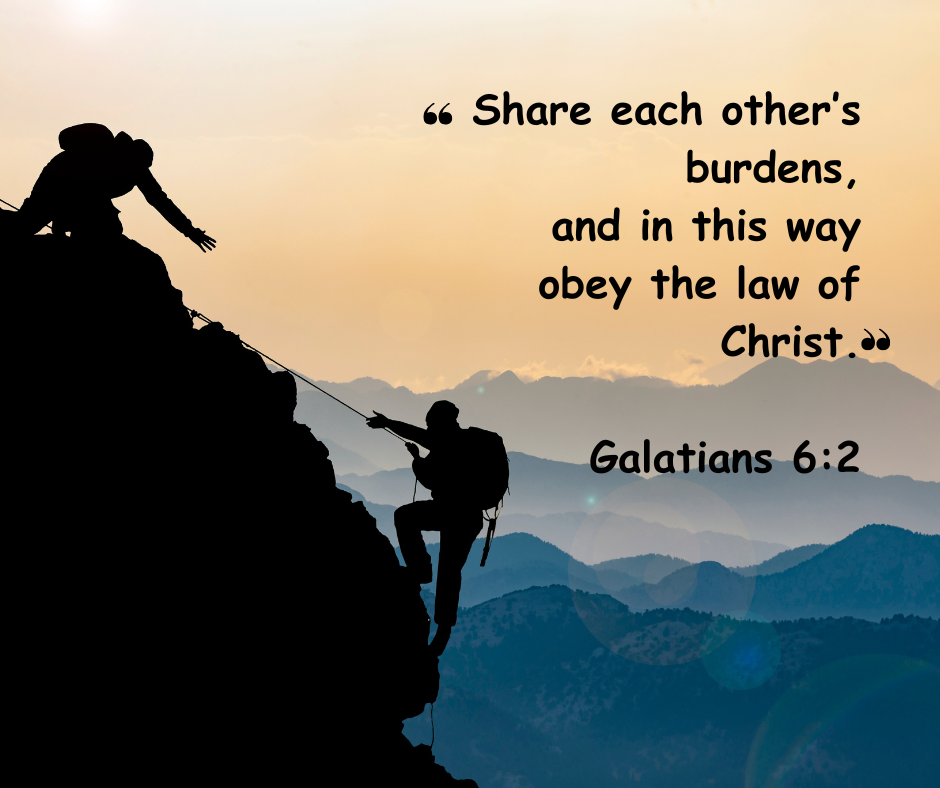Two-minute read.

Keeping promises and showing up, even when it hurts, grows us. Recently, I committed to helping a friend entering a new chapter of life. Tag-teaming with another friend, we decided to make a monetary gift. But then life happened, and I forgot to follow up. When my friend texted to ask how much money she owed me, it reminded me that I didn’t do the legwork on the project, so she agreed to do it.
“I’m going to give $100. What do you want to give?” She texted me.
Initially, I had planned to give a quarter of that amount, but then I thought of today’s verse and matched her gift. Pondering on today’s scripture, I thought about making rash promises and having to keep them. Knowing I kept my promise, even though I gave more than I could afford at the time, it helped me grow and mature. When we make promises without thinking and must pay the price of our impulsiveness, we grow. From the situation, we learn to think before we commit. And as we become known for keeping our word, we will gain respect, and people will trust us.
Friends show up, and they keep their promises. The people we trust most have proven to us they deserve the trust we give them. Surrounding ourselves with people who strive to keep their word and do the right thing will help us do the same. We all need accountability, people who will hold us to the commitments we make, and will show up for us when we need them. When someone doesn’t keep their promises or show up, take it as a red flag not to put your trust in them.
As people grow and mature, they become more trustworthy, realizing the value of keeping their word. Unfortunately, some people never learn the lessons, remaining immature and untrustworthy. Discernment allows us to tell the difference. People who keep their promises and show up deserve our trust. But if they prove themselves unreliable, still love them, but don’t depend on them.
Determine what type of person you want to become: trustworthy and dependable or untrustworthy and unreliable. Your actions reveal your decision. People will know you by what you do.
Journal Questions:
Who always keeps their promises in your life?
How can you show up for someone today?
When have you kept your promise, even though it hurt?
Friendship Application:
Keep your promises and show up.









